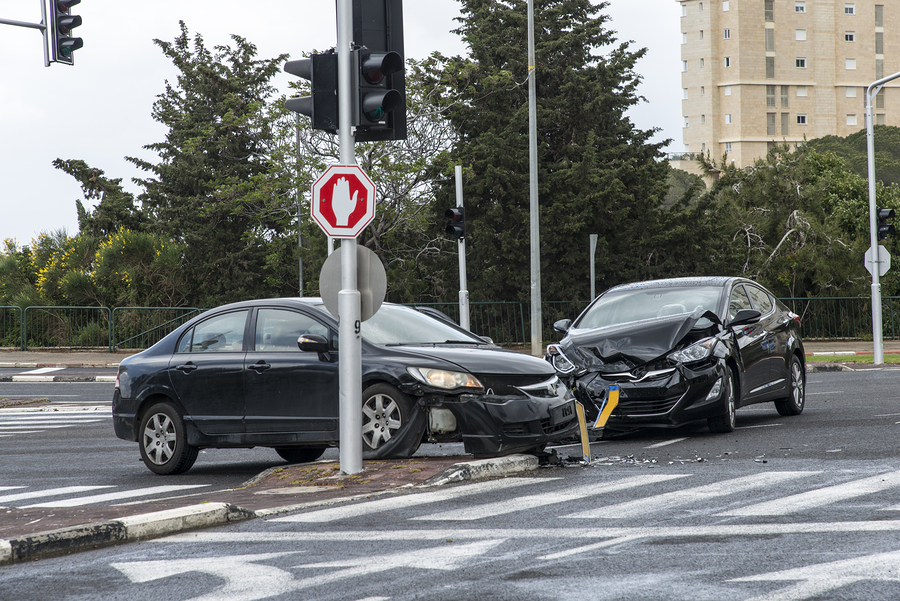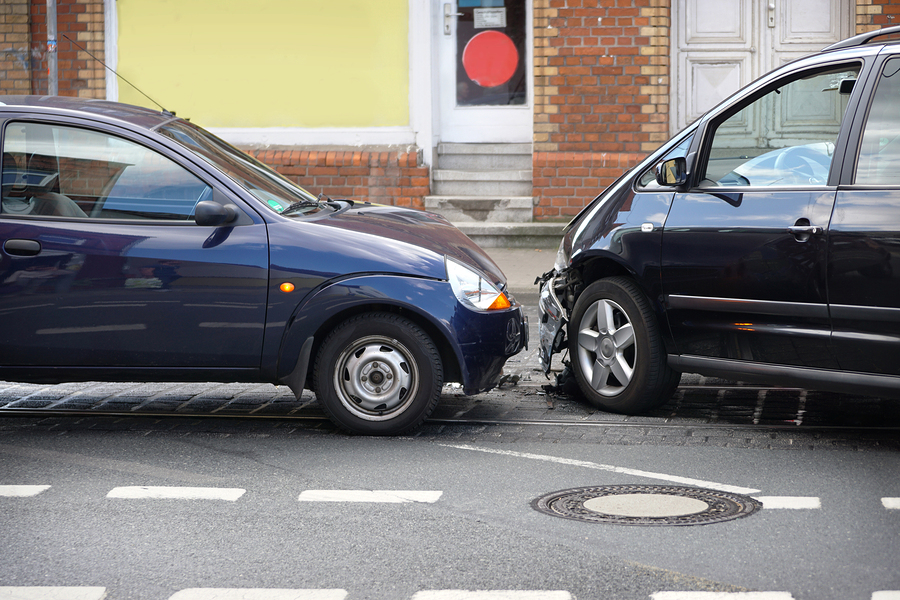When people think of car accidents, they often think of physical injuries—not emotional injuries. However, a car accident can cause a person involved in the accident to suffer from post-traumatic stress disorder. While PTSD is usually associated with war veterans, those who experience more commonplace traumatic events can also develop this psychological injury.
What Is Post Traumatic Stress Disorder?
People can suffer from PTSD after they witness or experience a terrifying event, including a car accident. PTSD symptoms can include flashbacks, anxiety, and nightmares. Symptoms can last months or years and often interfere with a person’s everyday functioning.
Some people suffer severe symptoms, while others suffer minor symptoms. Without medical intervention, minor PTSD symptoms can develop into severe symptoms. If you or a loved one notice changes in your behavior after an accident, you should see a medical professional for diagnosis so that you can collect the compensation you deserve.
PTSD Symptoms
PTSD symptoms vary from person to person, although psychologists use common symptoms to diagnose them. Not everyone suffers from all of the symptoms. The symptoms usually start within a month of the traumatic event and can cause issues at work and in a person’s social life.
Medical professionals divide the symptoms of PTSD into four categories: intrusive memories; avoidance; negative changes in mood and/or thinking; and changes in how the person reacts to new events, both physically and emotionally.
Intrusive Memories
Intrusive memories can include involuntarily reliving the traumatic car accident or having distressing memories, nightmares, and dreams about the car accident. Victims often experience severe emotional distress or have a physical reaction, such as nausea or vomiting, when something reminds the victim of the car accident. The victim can’t always stop these recurring memories and dreams without help from a mental health professional.
Avoidance
This symptom is exactly what it sounds like. The victim will do anything to avoid talking or thinking about the car accident, and might even avoid people, places, or activities that make them think about the car accident. For example, if you were on your way to the mall when you got into the accident, you might find yourself avoiding going to the mall after you recover from the accident.
Negative Changes to Mood and Thinking
These symptoms include the victim thinking negatively about themselves, others, or even the world. They might feel that the future holds no hope.
Additional symptoms in this category include:
- It may become difficult for the victim to remember things, including important facts about the car accident.
- The victim may have a hard time maintaining close relationships with family and friends, and/or feel detached from them.
- The victim may no longer have any interest in activities they used to enjoy.
- The victim may feel numb all the time.
- The victim can’t always feel positive emotions about themselves or their loved ones, friends, or life in general.
Physical and Emotional Reactions
Some people also notice changes in how they react to certain things, people, and events, both physically and emotionally. They might find themselves being startled easily or always looking for danger. They might have trouble sleeping and/or concentrating. They might start taking part in self-destructive behavior, such as speeding, drinking too much, or turning to drugs. Loved ones might notice that they become irritable, have angry outbursts, or that their behavior becomes aggressive. And finally, they might feel constant or overwhelming guilt or shame.
Traumatic Car Accident Injuries
Car accidents are extremely traumatic for some. Each person’s experience is unique, and the circumstances of every accident vary greatly.
For example, if a person was involved in a car accident and suffered minor injuries, but the accident severely injured a loved one in the vehicle, they may develop PTSD. On the other hand, a person might suffer traumatic injuries, and doctors tell them that although recovery will be slow, they will recover. This second accident may not be as traumatic to the victim as it would to someone who witnessed a loved one's severe injury in a car accident.
Because researchers still do not know everything about the human brain, we don't know who might suffer PTSD after an accident and why.
Recovering Damages
In addition to damages for physical injuries, you can also seek damages for psychological injuries you suffered because of a car accident. You might require months or years of psychological therapy, and you deserve reimbursement for those costs if someone else was at fault for the accident.

If you notice effects on your emotional well-being, or if someone you love tells you that you are acting differently after an accident, don’t take it lightly. Make an appointment with a mental health professional as soon as possible. You can’t collect compensation for psychological problems, including depression, anxiety, and PTSD, without proving that the accident caused you to have these issues. A mental health professional can diagnose the cause of your psychological injury.
While you will have to provide your medical records to show the court that you suffer from PTSD because of a car accident, your accounting of what you are currently going through also helps. Keep copious notes about how you feel each day, such as when something triggers one of your symptoms. These notes can help expert witnesses come to the same conclusions that your mental health professional did and can also show the court that you do, in fact, suffer from PTSD because of the accident.


